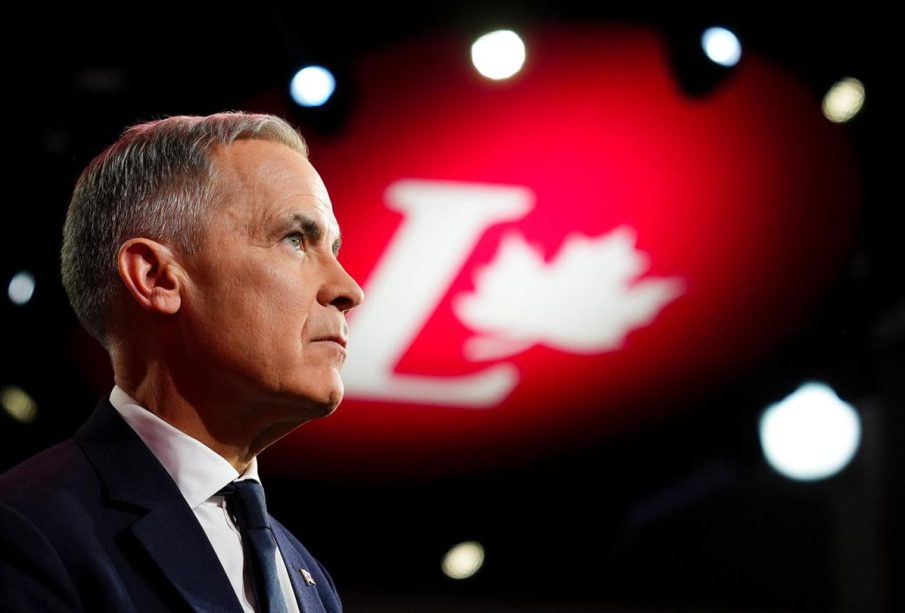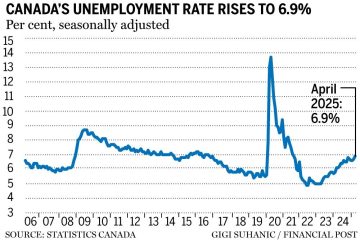Mark Carney: A Key Figure in Canada’s Economic and Environmental Future

Introduction
Mark Carney, the former Governor of the Bank of Canada and the Bank of England, has been a significant figure in shaping economic policies and climate initiatives not only in Canada but globally. His views on sustainable finance and climate change have gained increasing relevance as nations strive to meet their climate goals. Carney’s influence extends beyond central banking to encompassing broader economic challenges that Canada faces today.
Career Overview
Born in 1965 in Fort Smith, Northwest Territories, Mark Carney graduated from Harvard University and later obtained his MBA from the University of Oxford. His career in finance began at Goldman Sachs, which led him to various roles before he became Deputy Governor at the Bank of Canada. In 2008, amidst the global financial crisis, he was appointed Governor of the Bank of Canada. Under his leadership, the Bank effectively navigated economic instability and implemented measures to stimulate growth.
In 2013, Carney transitioned to the role of Governor of the Bank of England, where he emphasized the importance of central banks in tackling climate change risks within financial markets. His groundbreaking speech in 2015 on the ‘Tragedy of the Horizons’ brought widespread attention to the potential economic impacts of climate change.
Current Initiatives and Influence
As of October 2023, Mark Carney is the United Nations Special Envoy on Climate Action and Finance. He is actively involved in mobilizing private sector financing for climate-related initiatives. His recent work focuses on the need for businesses to factor climate risks into their financial decisions, promoting transparency and accountability. Carney co-chairs the Task Force on Climate-related Financial Disclosures (TCFD), which aims to help stakeholders understand the financial impacts of climate change.
In Canada, Carney’s influence is reflected in government policies aimed at achieving net-zero emissions by 2050. He has urged Canadian businesses and financial institutions to embrace sustainability as a core principle. His efforts have also sparked conversations about the role of technology and innovation in combating climate change, promoting a green transition within industries.
Conclusion
Mark Carney’s contributions to Canada and global finance have positioned him as a pivotal figure in the conversation around economics and climate action. As Canada moves towards more ambitious climate goals, his advocacy for sustainable finance and transparent policies will undoubtedly play a critical role in shaping the future landscape of Canadian economics. With continued focus on these issues, Canadians can expect a growing intersection between economic policy and environmental responsibility, heralding a new era in governance and business practices. Carney’s journey illustrates the vital link between managing economic stability and addressing the pressing challenges of climate change.









